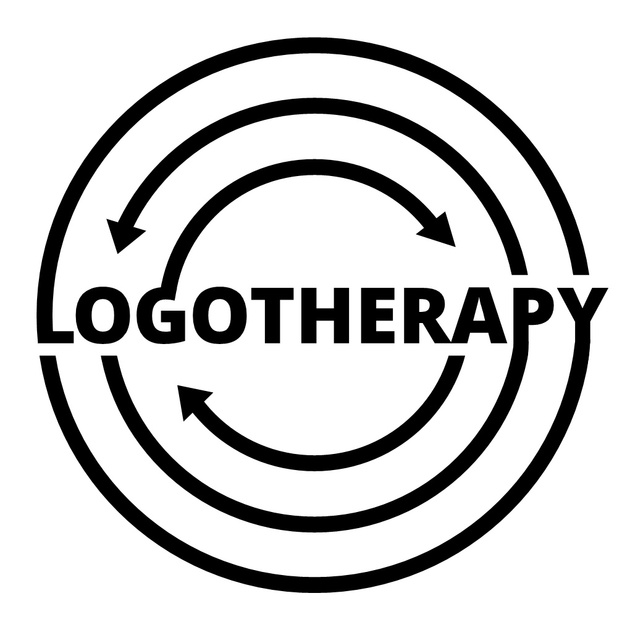
There is power to our choices. The Talmud describes a perspective of wisdom, of prophecy and of God on what happens to the sinner.
Firstly, what is a sin? Tradition teaches that it is like shooting an arrow at a target and missing the mark. We are endowed as human beings with the desire for greatness, and instead we act shamefully. We are endowed with the desire to be helpful and instead we are hurtful. We want to empower and we dis-empower. We want to do something of value and our behavior is not in line with our values. We are not being who we really are.
Back to the Talmudic text: ’They asked wisdom ‘What is the punishment for the sinner?’ Wisdom said to them, Misfortune pursues sinners (Proverbs 13:21). They asked prophecy, ‘What is the punishment for the sinner?’ Prophecy said to them ‘The soul that sins shall die.’ (Ezekiel 18:4) (Jerusalem Talmud Makkot 2:6)
Wisdom and prophecy both say if you do ‘x’, ‘y’ will happen. What is called ‘punishment’ is the consequence of your thoughts, words and actions. You can’t fix it. You can’t turn back the clock. Mistakes have legal, social, personal and ethical ramifications that are no longer in your control.
‘Wisdom’ recognizes how mistakes boomerang and come back to haunt us. We suffer from guilt and we suffer from the reality that we have created and didn’t want – the words we can no longer take back or the accident that continues to have a life of its own.
Prophecy sees the future. The ultimate consequence of every action that drains life-giving energy is death. Every mis-step is a mini-death.
God’s answer is different. They asked the Holy One, Blessed Be He (God) ‘What is the punishment for the sinner?’ God said to them ‘He should do repentance and he will get atonement.’ As it is written, (Psalms 25:8) Good and upright is the Lord; therefore He shows sinners the way. That is, He guides sinners in the way to do repentance.’
What makes the divine perspective different from the perspective of wisdom and of prophecy? The effects of bad choices are real and they are inevitable. But the Almighty goes beyond the letter of the law. God’s love opens the door to a return to who you really are and opens the way to a renewed relationship with God. God says basically, ‘I am always here, and when you fall, I will guide you. I will help you find your way back from wherever you are.’
Similarly, Frankl teaches that we can be optimistic in the face of wrongdoing because we can derive from it the opportunity to change for the better. Negatives can become positives. The tension of what you don’t want becomes a strong force for change.
‘And repentance...has the power to wipe out a wrong; though the wrong cannot be undone...in repenting man may inwardly break with an act, and in living out this repentance—which is an inner event—he can undo the outer event on a spiritual, moral plane” (Frankl1986:108-109) ~ The Doctor and the Soul
What is the way to repentance? The basic religious guideline is to verbally admit what you’ve done before God, feel sorry for what you’ve done, and resolve never to do it again. How can you make sure not to repeat your mistakes? By finding the root cause.
When you understand what led you to make the bad choice to begin with, you can instill different habits. For example, if you have been hurtful to someone because you were only busy thinking about what you wanted, you can make it a habit to consciously think about how your words or actions will feel to the other person.
Bad choices have destructive power. But the choice to overcome bad choices have great healing power. As rabbi Nachman teaches, if you believe you have the power to destroy, believe you have the power to restore.

 Previous
Previous

